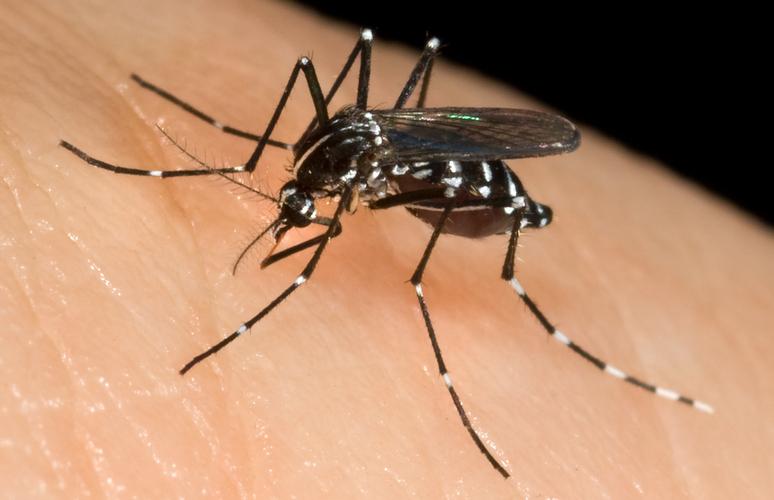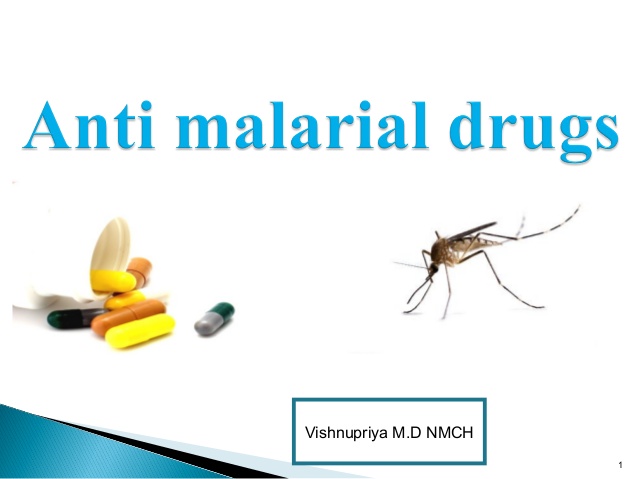Defeating Malaria ‘ll Cost Nigeria N1.89trillion- Minister
To completely eradicate malaria in the country, the sum of N1.89 trillion will be required, the federal government has said.
To this end ,it has appealed to corporate organisations, private sector, as well as spirited bodies to assist it with a view to achieving its target of driving the malaria scourge out of the country.
Minister of Health,Osagie Ehanire,who said this in a text he presented to mark the 2021 World Malaria Day, said the amount was specifically needed for implementation of the New Strategic Plan on malaria. According to him, 63.1 percent of the total amount will be used to support Chemoprevention, Diagnosis and treatment just as he said 35.9 percent will be used for vector control.
The minister, who said the use of insecticide-treated nets among under-5 children increased from 43.4 percent in 2015 to 52 percent in 2018, also said pregnant women increased the use from 49 percent in 2015 to 58 percent in 2018.
He said:“Fever testing of under-5 children increased from 5% in 2010 to 11% in 2013, 13% in 2015 and 14% in 2018; but is still too low. “These measures resulted in a reduction of malaria prevalence from 42% in 2010 to 27% in 2015 and 23% in 2018.”
According to him,”We expect that when results of the 2021 Malaria Indicator Survey to be conducted later this year are out, a further downward trend will be seen.
He said under the Severe Malaria Retrospective Study, 3,503 cases of severe malaria were treated in 18 secondary health facilities. The Minister of Health said:“ A follow up to the Severe Malaria Clinical Audit done in 2019 revealed an improvement in most of the systems and case-management indicators.”
The minister said quality of care and standards in malaria case management were rolled out in some states, providing the platform for states’ teams to carry out assessments at health facilities, based on three pillars of quality of care including structure, process and outcome.
He said: “As part of efforts to achieve universal health coverage and household ownership of insecticide Treated Nets (ITNs) in Nigeria, 17,267,410 ITNs were distributed in six states, using single-phase door-to-door and double phase door-to-door strategies, due to the COVID-19 pandemic.”
Noting that, ”The New Net Project (NNP) study commenced in four Local Government Areas in two states, to help accelerate the scale-up of the next generation ITNs, thereby mitigating the increasing resistance to pyrethroid-only nets”, the minister added that: “The programme has developed a five-year new generation malaria strategic plan (NMSP 2021-2025) to sustain gains achieved in the national malaria control effort and chart a pathway towards achieving a malaria-free Nigeria.”




